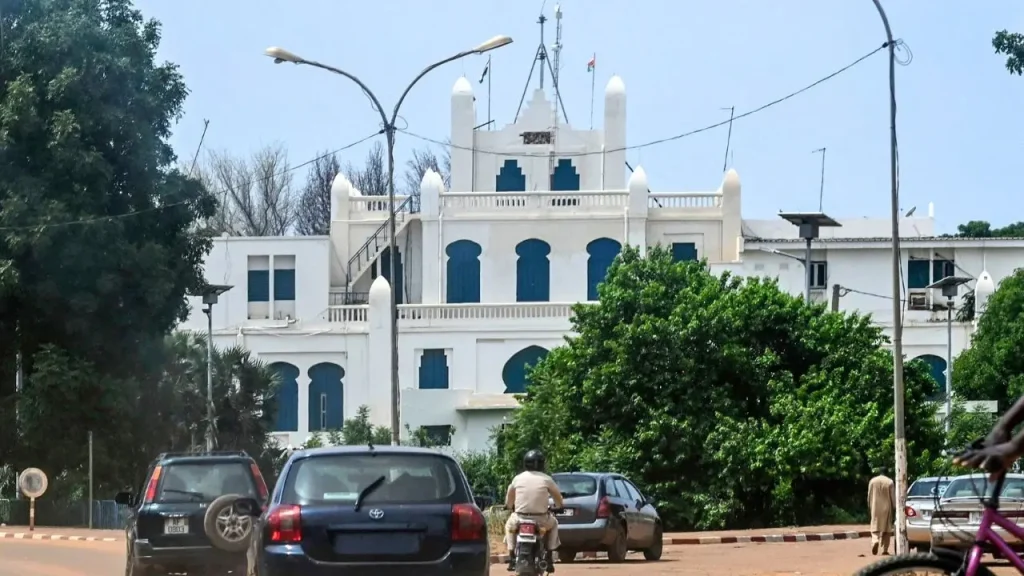American Missionary Kidnapped in Niger: A Growing Concern in West Africa
In a troubling development that highlights the increasing security risks in West Africa, an American Christian missionary has been kidnapped in Niger. U.S. government officials have confirmed awareness of the abduction and suspect the missionary, who works as a pilot for Serving in Mission (SIM), an evangelical missionary agency, has been taken to Islamic State-controlled territories in the region. The incident has prompted immediate response from U.S. authorities, with embassy officials actively collaborating with local forces to locate and secure the safe return of the American citizen.
The kidnapping occurred in a particularly alarming location—just 100 yards from Niger’s presidential palace in Niamey, where former President Mohamed Bazoum has been detained since a coup over two years ago. This proximity to what should be one of the most secure areas in the country underscores the bold nature of this abduction and the deteriorating security situation in Niger. In response to this incident, the U.S. Embassy has significantly tightened security protocols for its personnel, now requiring travel only in armored vehicles and declaring restaurants and open-air markets off-limits—measures that reflect the seriousness with which they view the current threat landscape.
The State Department has emphasized that ensuring the missionary’s safe return is “a top priority for the Trump Administration,” which is leveraging resources across various government agencies to support recovery efforts. This commitment to protecting American citizens abroad comes at a critical time, as the incident is not isolated but part of a concerning pattern of kidnappings in the region. The Trump administration’s focus on the safety of Americans overseas is being tested in this high-stakes situation that combines humanitarian, diplomatic, and counter-terrorism dimensions.
This abduction appears to be part of a troubling trend of increasing kidnappings in West Africa, particularly in areas where militant groups maintain a presence. In recent months, several foreign nationals have been targeted—an Austrian woman was kidnapped in January, a Swiss citizen in April, and five Indian workers were abducted during an attack that also claimed the lives of a dozen soldiers. These incidents paint a picture of a region grappling with serious security challenges, where foreign aid workers, missionaries, and professionals face heightened risks despite their humanitarian contributions to local communities.
The targeting of missionaries and aid workers in West Africa has profound implications not only for international organizations operating in the region but also for the vulnerable populations they serve. Similar incidents have occurred elsewhere on the continent, including the killing of a Minnesota missionary in Angola and the kidnapping at gunpoint of a Tennessee pastor in South Africa (who was fortunately later released). These events highlight the dangers faced by those who undertake humanitarian and religious work in unstable regions, often putting themselves at considerable personal risk to provide assistance to communities in need.
As this situation continues to unfold, it serves as a stark reminder of the complex security challenges that persist across parts of Africa, particularly in regions where governance is fragile and extremist groups maintain a foothold. The abduction of this American missionary—occurring just steps from a presidential palace—symbolizes how even seemingly secure areas can be vulnerable. For families of missionaries, aid workers, and others serving abroad, such incidents bring into sharp focus the daily risks their loved ones face. Meanwhile, government agencies, non-governmental organizations, and security experts continue working to address these challenges, balancing the critical need for humanitarian presence against the very real dangers posed by militant groups and criminal networks operating with increasing boldness across the region.














